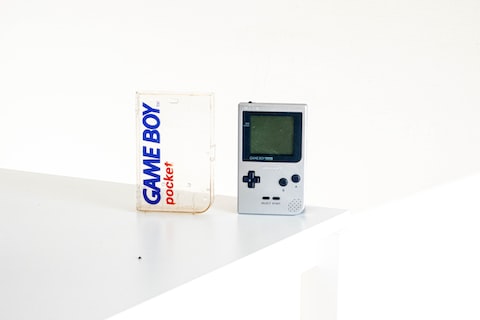Gamification, the integration of game mechanics in non-gaming industries, has emerged as a powerful tool to enhance user engagement, motivation, and overall experience. In this article, we will explore the role of gamification in various industries and how it has disrupted traditional approaches.
1. Education: Gamification has the potential to revolutionize education by making learning fun and interactive. Incorporating game elements like points, levels, and leaderboards can motivate students and increase their participation, leading to better retention and understanding of the material.
2. Health and Wellness: Gamification has found its way into the health and wellness industry, encouraging individuals to adopt healthier lifestyle choices. Fitness apps and wearable devices implement game mechanics to track progress, set goals, and reward achievements, transforming exercise into an engaging experience.
3. Marketing and Advertising: Brands have recognized the power of gamification in capturing the attention of consumers. Interactive ad campaigns, loyalty programs, and contests leverage gaming principles to create memorable experiences and foster brand loyalty.
4. Employee Training and Development: Gamification has proven to be an effective method for improving employee training and development programs. By incorporating game elements into training modules, employees are more likely to stay engaged, retain information, and apply their knowledge effectively.
5. Customer Engagement: Gamification techniques, such as badges, rewards, and progress tracking, can enhance the customer experience and drive user engagement. By creating interactive and immersive experiences, businesses can increase customer loyalty and satisfaction.
6. Finance and Banking: Gamification is transforming personal finance by making saving money and budgeting more enjoyable. Apps and platforms use game mechanics to encourage users to set goals, compete with friends, and unlock achievements, turning financial management into a rewarding challenge.
7. Productivity and Time Management: Gamification techniques can be applied to increase productivity and improve time management. By creating a gamified environment with goals, challenges, and rewards, individuals can stay motivated and focused on their tasks.
8. Travel and Hospitality: Gamification has reshaped the travel and hospitality industry, making the process more engaging and enjoyable for customers. Loyalty programs, augmented reality games, and interactive city guides offer unique experiences, encouraging travelers to explore and engage with their surroundings.
9. Social Impact: Gamification has also found its place in promoting social causes and driving positive change. Platforms and apps use game mechanics to raise awareness, encourage donations, and incentivize participation in charitable activities.
10. Human Resources: Gamification is being leveraged in the recruitment and hiring processes. Game-based assessments and simulations provide a more engaging and accurate evaluation of candidates’ skills and capabilities.
Gamification continues to evolve and shape different industries, providing opportunities for increased engagement, motivation, and innovation. By incorporating game mechanics strategically, businesses can create memorable experiences and drive desired behaviors. Are you ready to explore the power of gamification in your industry?

